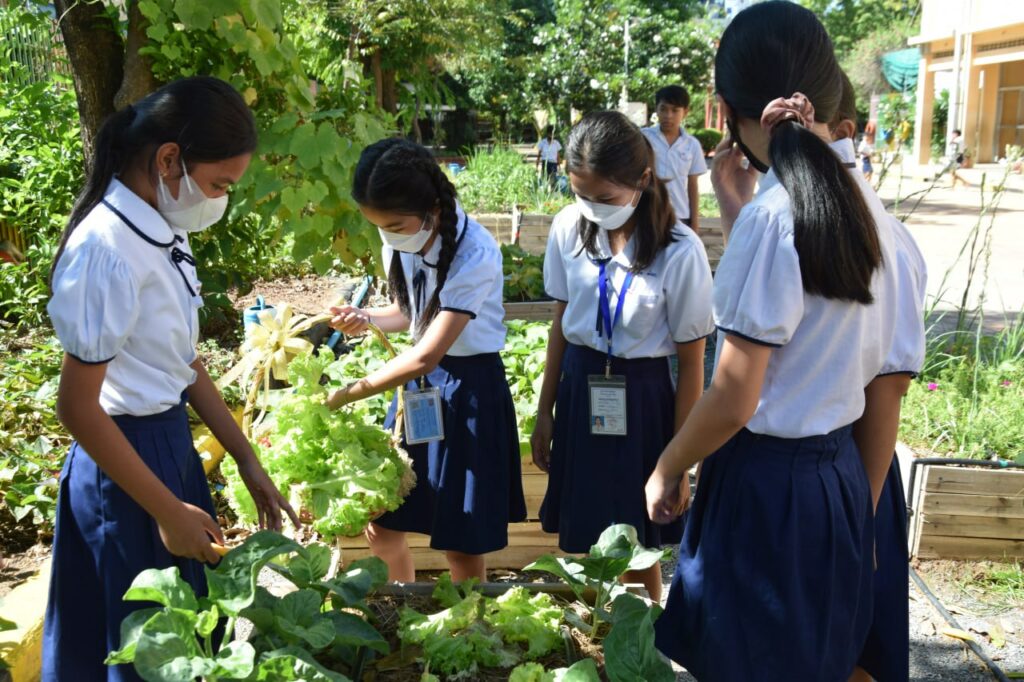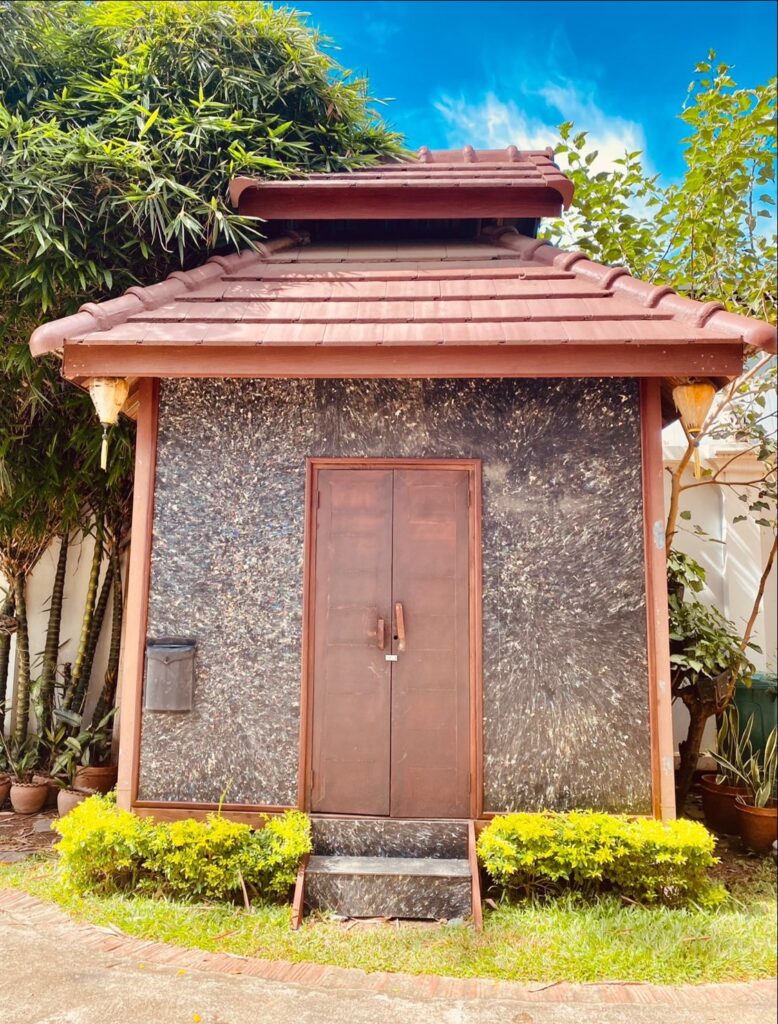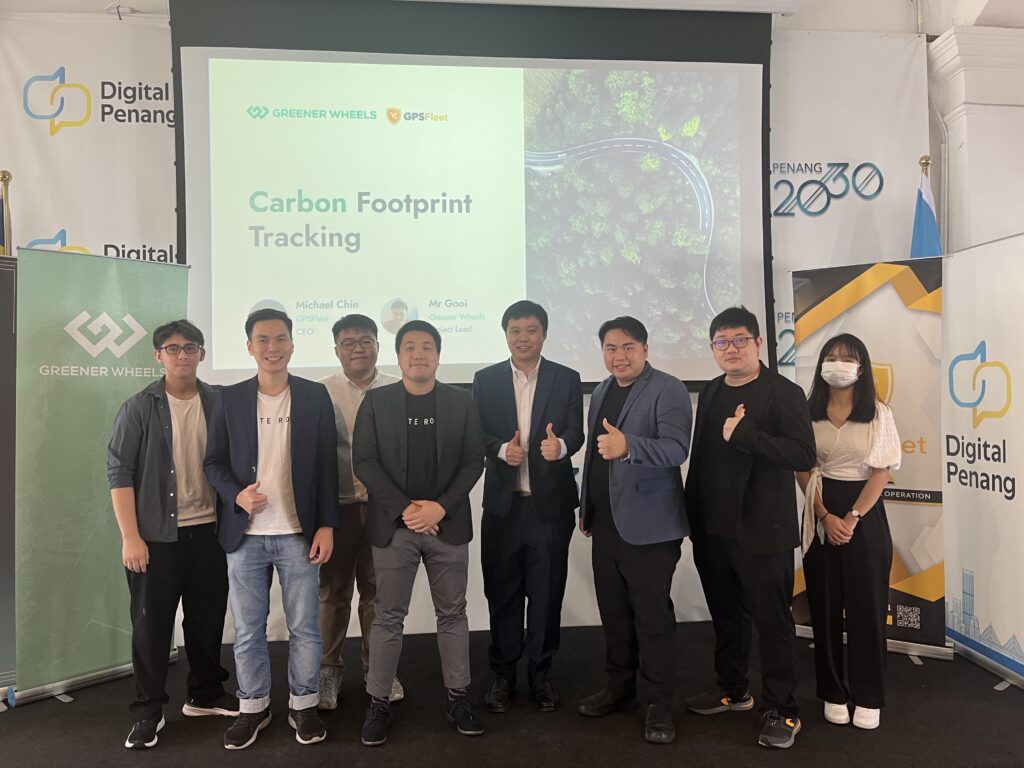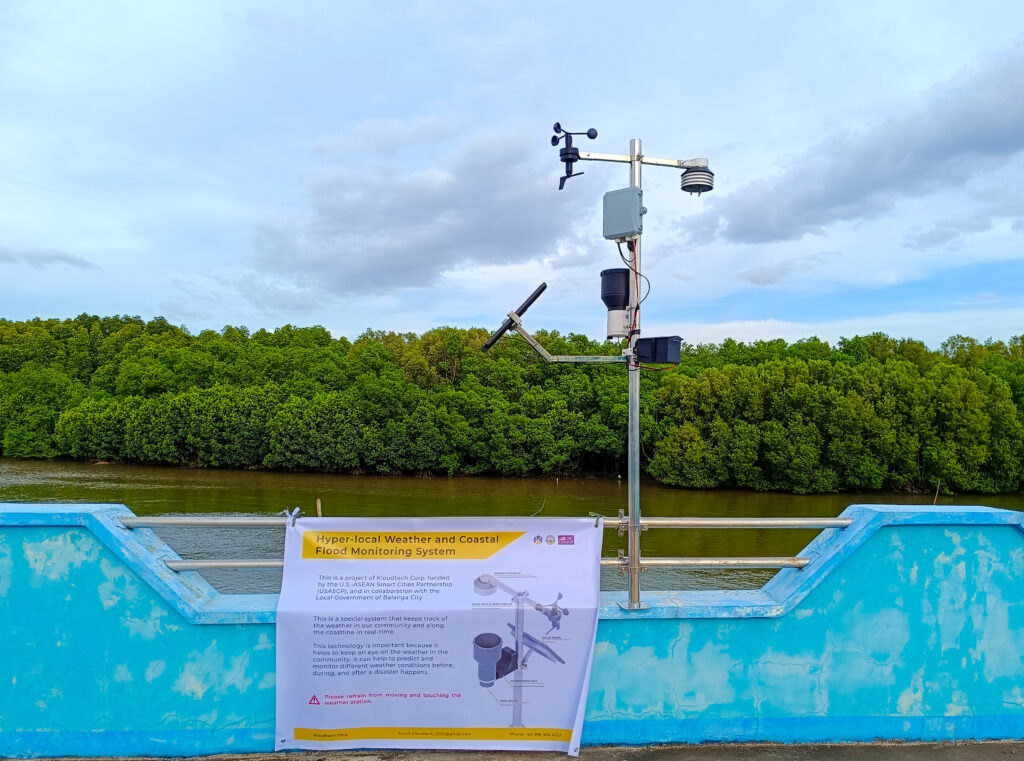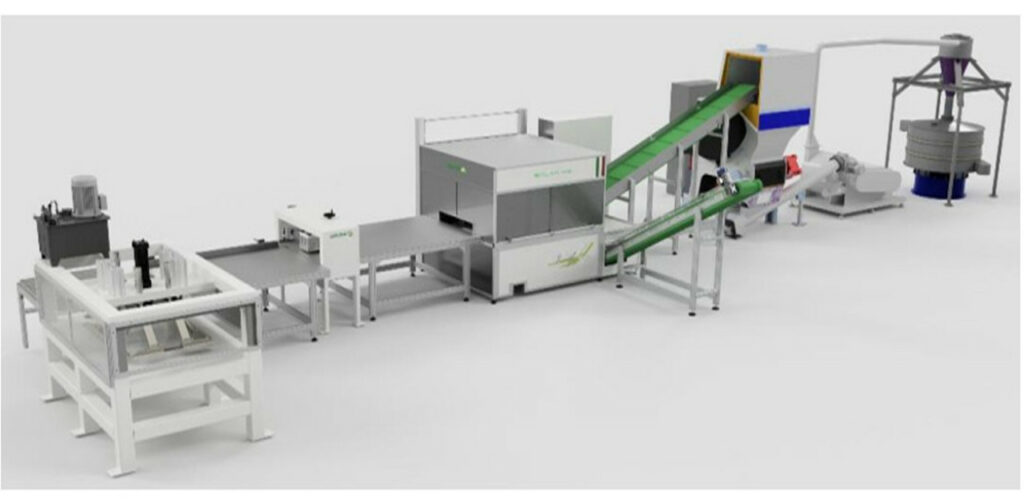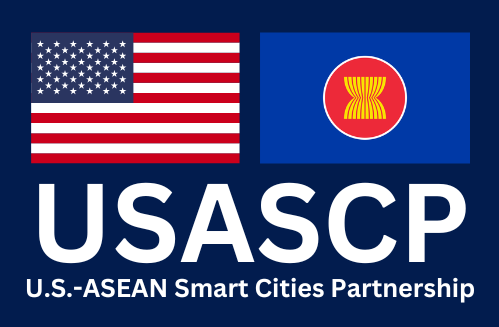Cities can play a valuable role in accelerating climate action and supporting a country’s National Determined Contributions (NDCs). However, many of the climate finance mechanisms are targeted at national governments. In an effort to bring climate finance opportunities to sub-national entities and cities, the US-ASEAN Smart Cities Partnership (USASCP) established the Smart Cities Business Innovation Fund.
The Smart Cities Business Innovation Fund requested proposals offering solutions to address documented urban challenges. The proposals could have been technological, nature-based, financial, organizational, or have addressed a documented urban challenge in another form. Full details on the original request for proposals can be found here. The program offered $1,000,000 worth of available awards and each award could range from $100,000- $200,000. The Smart Cities Business Innovation Fund received 72 on-time proposals totaling $14,000,000 worth of demand. Proposals were received from countries across the ASEAN region including proposals from Cambodia, Indonesia, Laos, Malaysia, Myanmar, the Philippines, Vietnam, and Thailand. Projects proposals ranged from depression detection technology to waste management ideas to solar panel recycling. Six winning proposals were selected from Cambodia, Laos, Indonesia, Malaysia, the Philippines, and Vietnam.
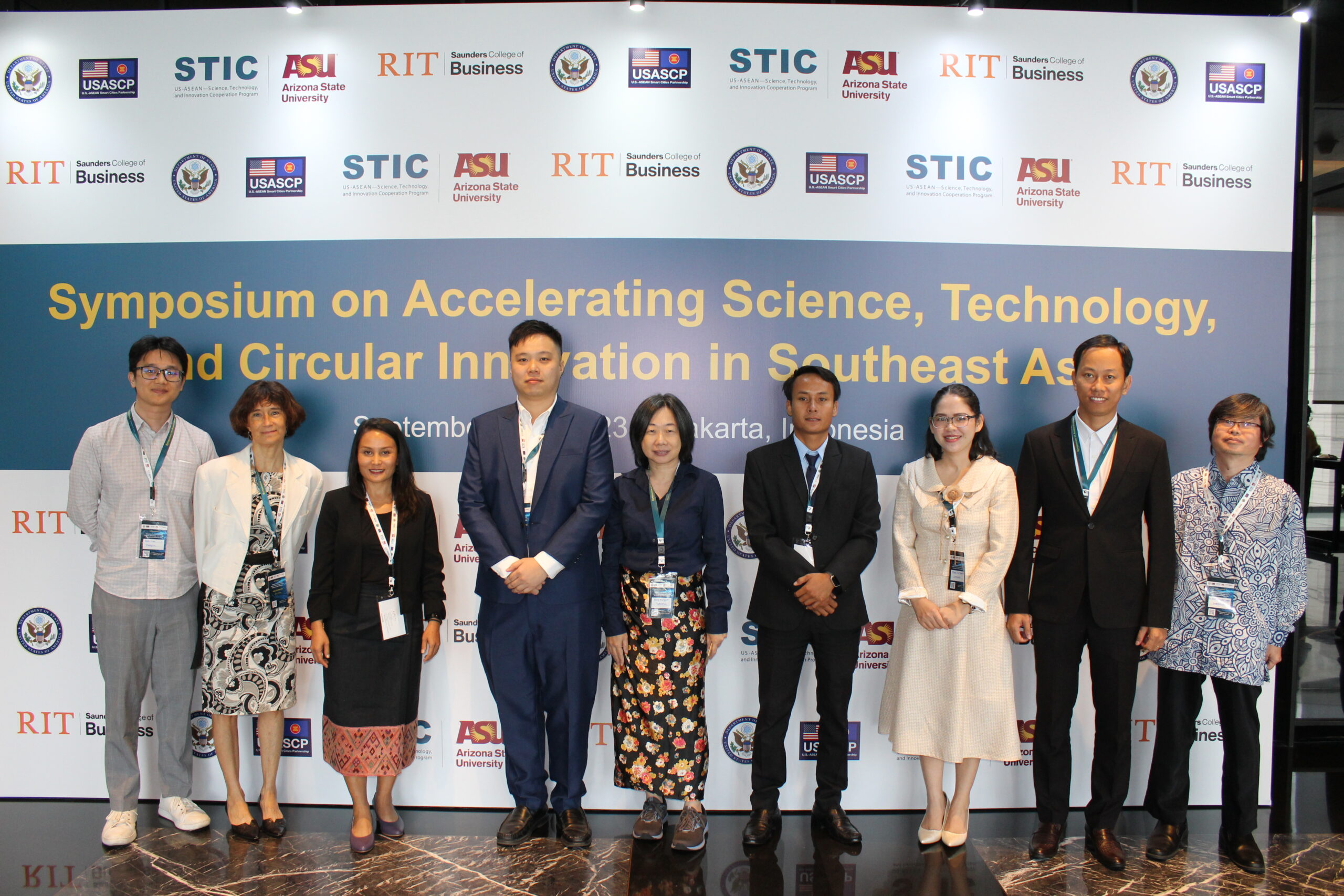
Contacts:
Helen Santiago Fink (SantiagoFinkH@state.gov)
Edward Peak (Edward.Peak@cherokee-federal.com)
Meet Our 2022 Business Innovation Fund Awardees
Cambodia
Indonesia
Lao PDR
Creating community gardens in urban areas to encourage youth environmental stewardship
A biodegradable seaweed packaging company that aims to reduce single-use plastic pollution
Shreds, cleans, presses, and molds recycled plastic into new products for school and construction materials
Malaysia
The Philippines
Vietnam
Measures carbon footprints of transport fleets, improves corporate economic, social and governance (ESG) standards
Develops 3D printable climate and hydrologic monitoring systems to address rising sea levels and urban flooding
A solar panel recycling project that seeks to improve recycling of panels and reuse of panel components using
 U.S.-ASEAN Smart Cities Partnership
U.S.-ASEAN Smart Cities Partnership
